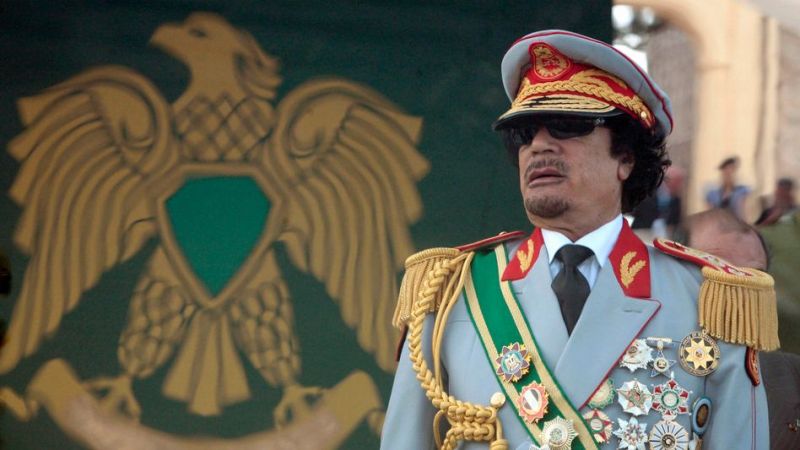Nearly all of Libya's Jewish cemeteries were bulldozed by Muammar Gaddafi, the eccentric strongman who ruled the North African nation from 1969 until he died in 2011.

Many of the Libyan Jews who are now residing abroad are aware that, even if they go back to Libya one day, they will never be able to go to the graves of their parents, grandparents, or other relatives who lived there when there were more than 30,000 Jews there.
Romans remember Libyan Jews whose graves Gaddafi bulldozed.
According to a recent initiative in one of Rome's Jewish cemeteries, which The British Jewish News reported, it aims to bring some closure.
Gaddafi destroyed Jewish cemeteries.

Nearly all of Libya's Jewish cemeteries were bulldozed by Muammar Gaddafi, the eccentric strongman who ruled the North African nation from 1969 until he died in 2011. However, one built on the grounds of an Italian-run concentration camp wasn't destroyed.
There are hardly any Jewish gravestones left in Libya, where a civil war raged until 2020. The cemetery grounds have long since been developed with parks, apartments, and other structures.
According to the Jewish News, 16 marble plaques bearing the names of 1,800 known Jews from Libya buried in Rome's Prima Porta Cemetery were unveiled last week in the Jewish section.
Antisemitic pogroms and other forms of persecution first appeared in Libya. This North African country was an Italian colony before gaining independence after World War II.
Many Libyan Jews fled to Italy to avoid these incidents. If there is a location bearing your loved one's name where you can go and find peace, it is beneficial when there is no grave for them.
Here is some attestation to this
Penina Meghnagi Solomon, a 73-year-old Libyan Jew now residing in Santa Monica, Italy, told the British publication that "it brings closure." If there is a location bearing your loved one's name where you can go and find peace, it is beneficial when there is no grave for them.
Judy Saphra, a British-Jewish philanthropist born in Libya and who fled to Italy as a child, provided the funding for the plaques.
She told the Jewish News, "I was born after my father's death at the hands of Libyan Arabs simply because he was Jewish. This memorial is to a man I never knew. "My distraught mother wanted to spare me the hurt of such a terrible loss, so I never saw his tomb.
She didn't lead me to my father's tomb until years later when she attended her father's funeral. So I wanted to sponsor and commemorate this memorial to honor my father and the Jewish community of Libya in Rome.

